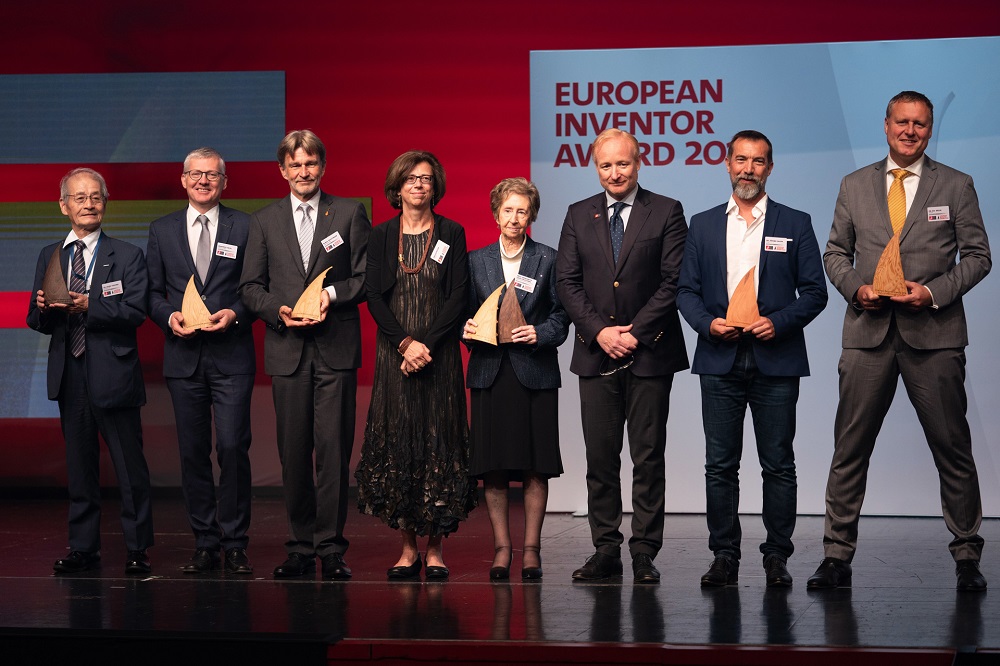VIENNA, June 21 — A diagnostic tool to assess the risk of a cancer relapse, machines for plastic recycling, an alternative to toxic ship paint — all were among the inventions honoured at the European Inventor Awards yesterday.
Here is a closer look at the prize winners from Austria, France, Japan, the Netherlands and Spain. The annual awards launched in 2006 by the European Patent Office (EPO) were presented in Vienna.
Frenchman’s cancer test
Jerome Galon’s research started with the theory that stronger immune systems can help cancer patients survive longer and finally led to the Immunoscore cancer test.
Already in use at clinics around the world for colourectal cancer, the test aims to help doctors understand patients and their tumours better and prescribe the best treatment.
“It’s opened up a whole new era — the era of anti-cancer immunity, which is now unfolding with immunotherapy,” the French immunologist says.
The test uses digital images of tumour samples and advanced software to measure patients’ immune responses.
Galon spent years on research, filing a patent application for the method as far back as 2005.
He won the prize in the “research” category.
Austians’ plastic recycling
When Austrian inventors Klaus Feichtinger and Manfred Hackl thought of a better way to turn all kinds of waste plastics into high-quality pellets for new products, they reshaped plastic recycling with their machines.
The machines can recycle even plastics that are combined with other material such as paper, and get rid of any smell, for example from shampoo bottles.
“No consumer would be able to tell if it’s new or recycled,” Hackl says of their end product.
Today more than 6,000 of their machines around the world produce more than 4.5 million tonnes of plastic pellets a year.
Feichtinger and Hackl won the “industry” category prize.
Dutch marine paint alternative
Rik Breur was inspired by a sea urchin’s prickly surface to come up with his invention aimed at minimising ocean pollution by replacing toxic paints that ships use to protect their hulls from algae, barnacles and mussles growth.
“Over years of evolution, nature has already solved all kinds of things that we humans can learn from,” the Dutch inventor says about his anti-fouling fiber wrap, an alternative to paints which slowly dissolve, releasing toxics into the oceans.
The fiber wrap, called Finsulate, is suitable for yachts, large cargo ships and ferries, saving boats up to 40 per cent of their fuel consumption as algae, barnacles and mussles just slide off it.
Breur picked up the prize in the “small and medium-sized enterprises” category.
DNA and batteries
Spanish biochemist Margarita Salas Falgueras picked up the Popular Prize, getting the most public votes cast online, as well as the “lifetime achievement” honour for her work on DNA amplification for genomics.
Japanese scientist Akira Yoshino won the “non-EPO countries” prize for inventing the rechargeable lithium-ion batteries, which power some five billion mobile phones, laptops and other portable devices, as well as electric vehicles. — AFP






















